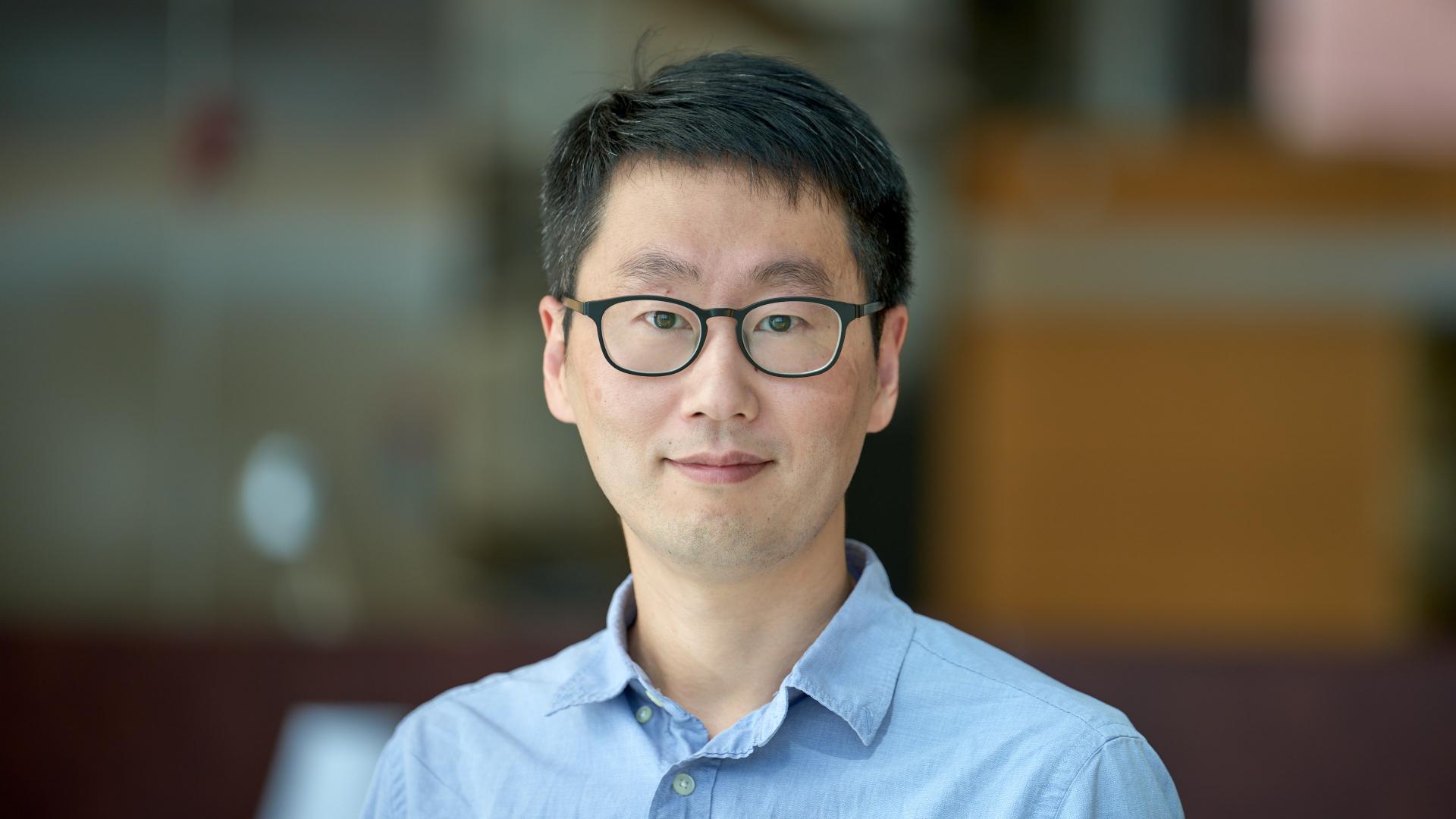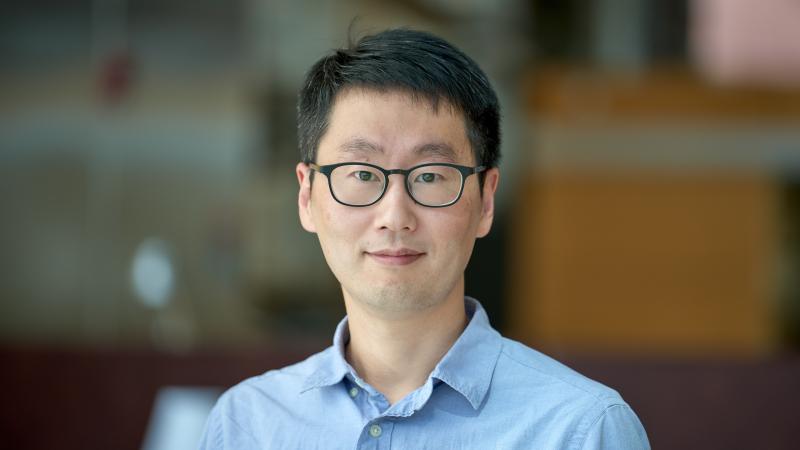By David Murphy
KAUST Assistant Professor Shinkyu Park joined the University in January 2021 to take up his new role as the principal investigator of Distributed Robotics and Autonomy Group. Before joining KAUST, Park was an associate research scholar at Princeton University, U.S., where he engaged in cross-departmental robotics projects.
Park received his Ph.D. degree in electrical engineering from the University of Maryland, U.S., in 2015. After obtaining his Ph.D. degree, he held postdoctoral researcher positions at the National Geographic Society (2016) and Massachusetts Institute of Technology (MIT), U.S., from 2016 to 2019.
Park’s research focuses on the design and control of multi-robot systems. His past research projects include designing animal-borne sensor networks to monitor wild animal groups in their natural habitats. He also created a fleet of urban autonomous surface vessels capable of transporting people, providing deliveries and trash removal services through urban canal networks. MIT News recently highlighted a selection of research achievements.
“While working toward my degrees, I was lucky to be exposed to some of the best research environments in the world. During this period, I learned how robotics research could make a positive impact on our society. I believe these experiences prompted me to become a robotics researcher and further my academic career at KAUST,” he noted.
“At KAUST, I want to continue to advance robotics science and engineering and seek innovative ways to solve societal challenges using robotics technology. I believe the University is a unique place where I can make my research vision a reality. It is exciting to be a part of such a dynamic, diverse and creative research community, especially one which maintains such a healthy work-life balance.”
Seeking a foundational change in robotics science
Park envisions a future where highly autonomous robots can self-organize into large groups to solve large-scale, physically demanding problems. Problems that would be otherwise impossible for humans or single robots to solve. He seeks to achieve this goal by advancing robotic science to build on individual robots’ core capabilities of sensing, actuation and communication in distributed information processing, decision-making and manipulation.
“My research group will carry out multidisciplinary research in developing principles and algorithms for multi-robot system design using tools from electrical engineering, computer science and applied mathematics. We will seek new and creative approaches to synergizing the individual robots’ core capabilities and strengthening the autonomy of robotic groups to solve large-scale problems.”
“We firmly believe such advancements will help build smarter cities. In these cities, robots can collect sensor data, act for modeling and curb disease spread. These machines will improve the infrastructure of services, construct new infrastructures and ensure a sustainable living for people,” he concluded.

